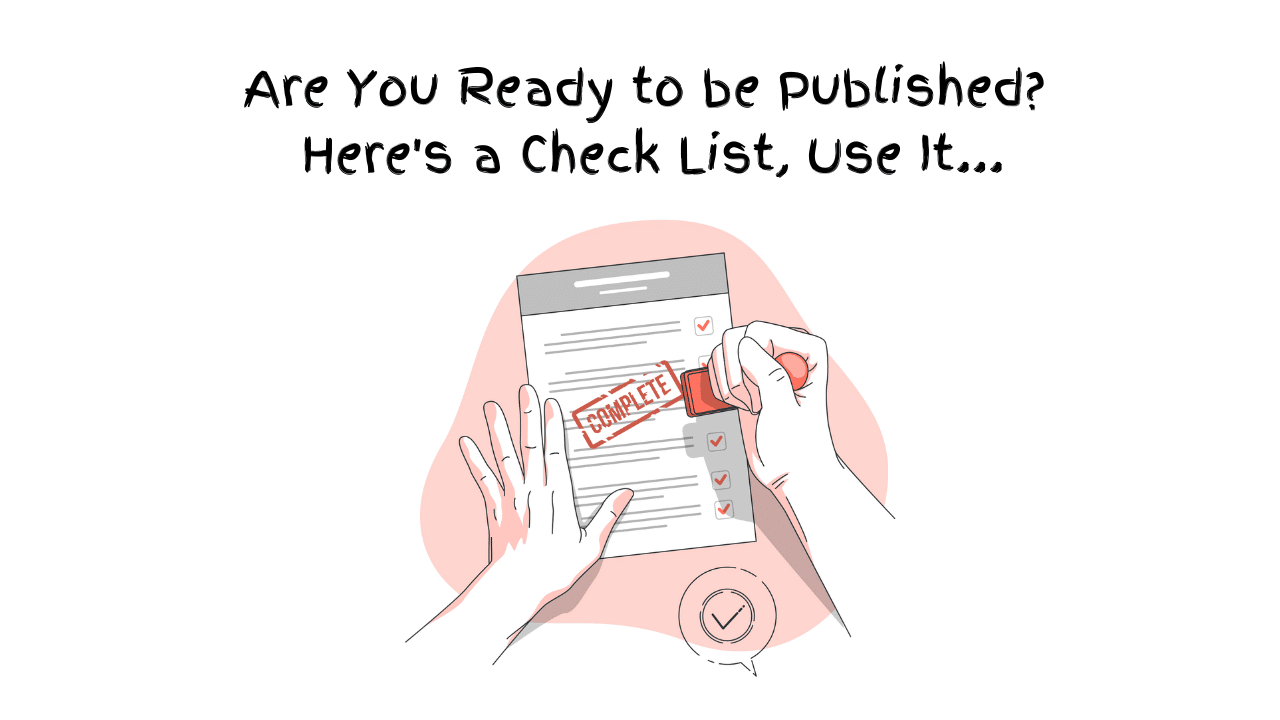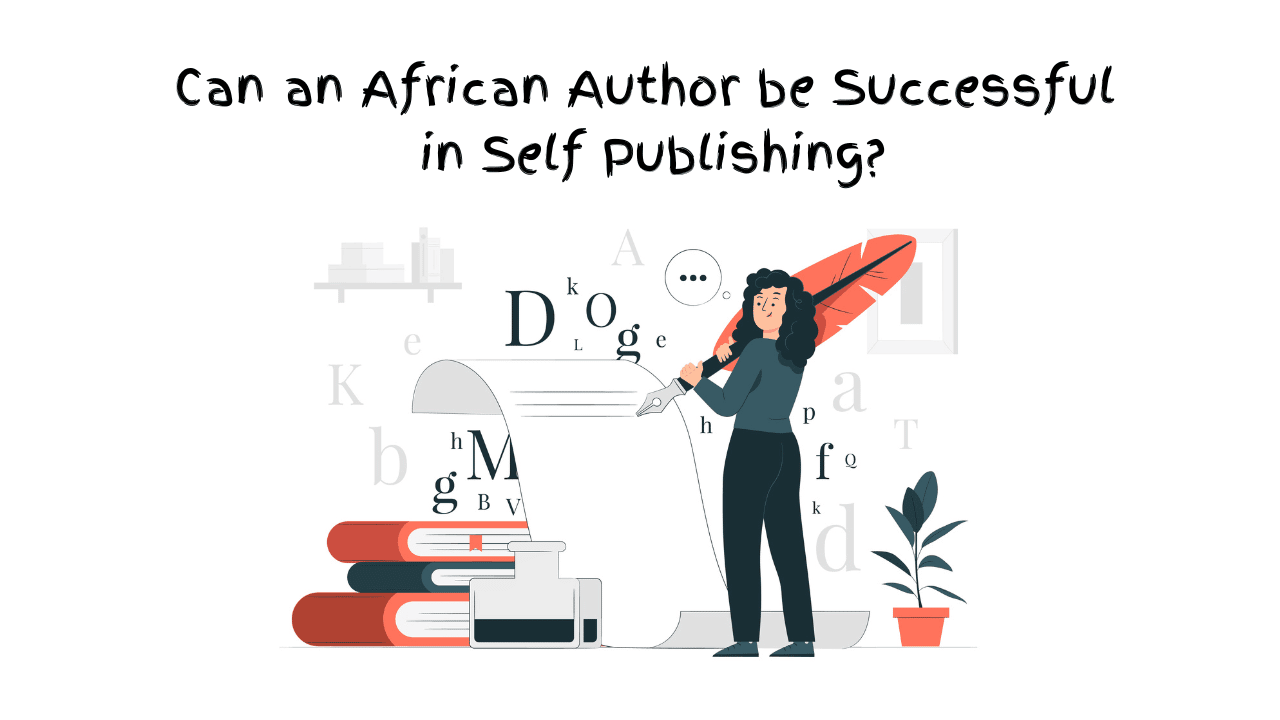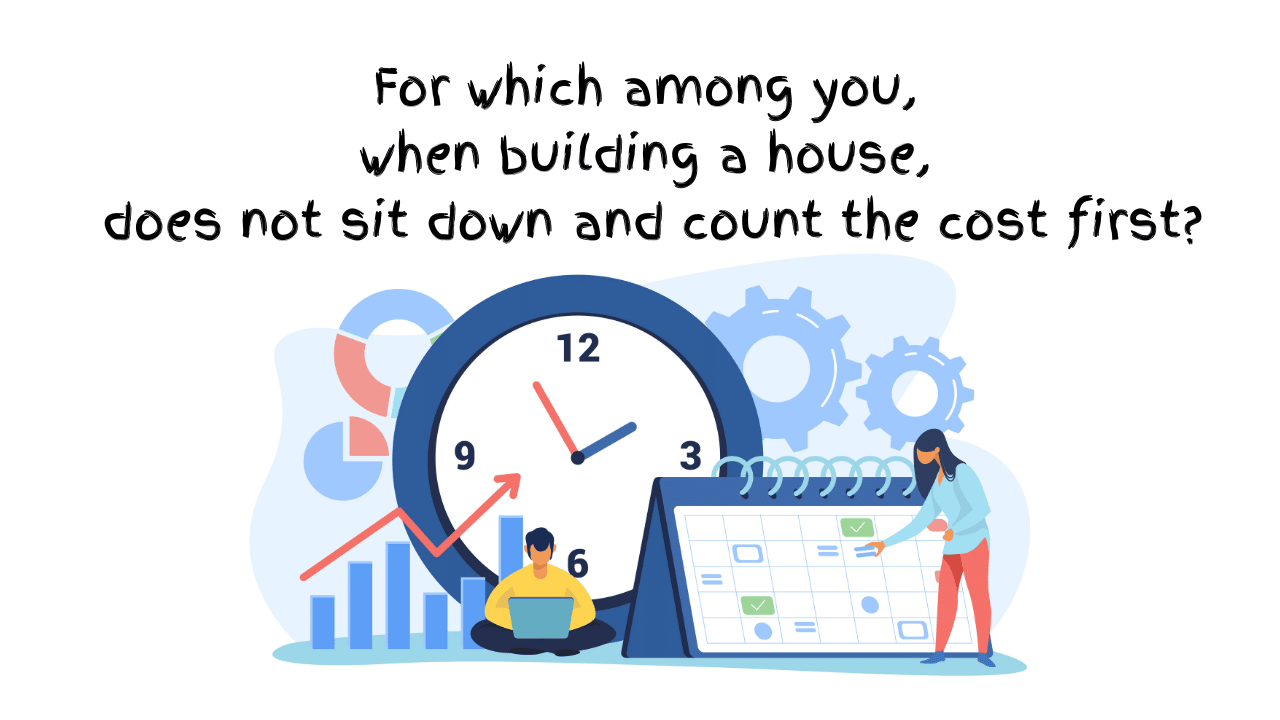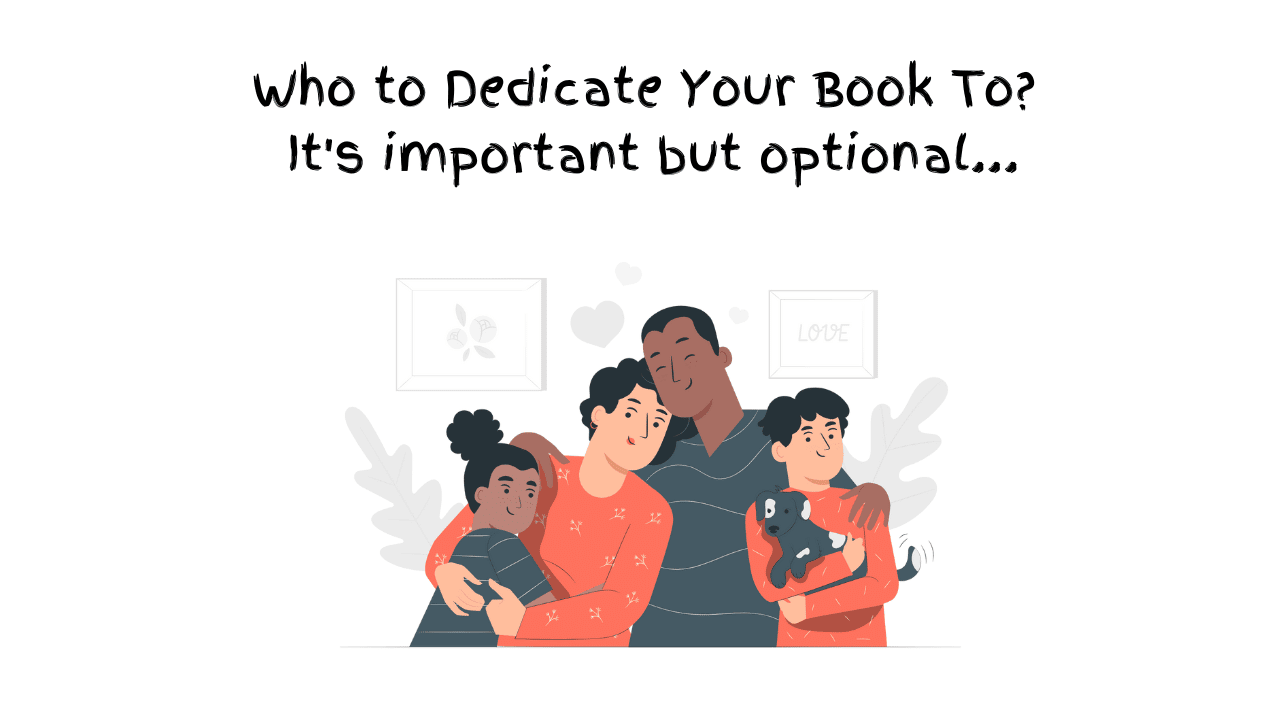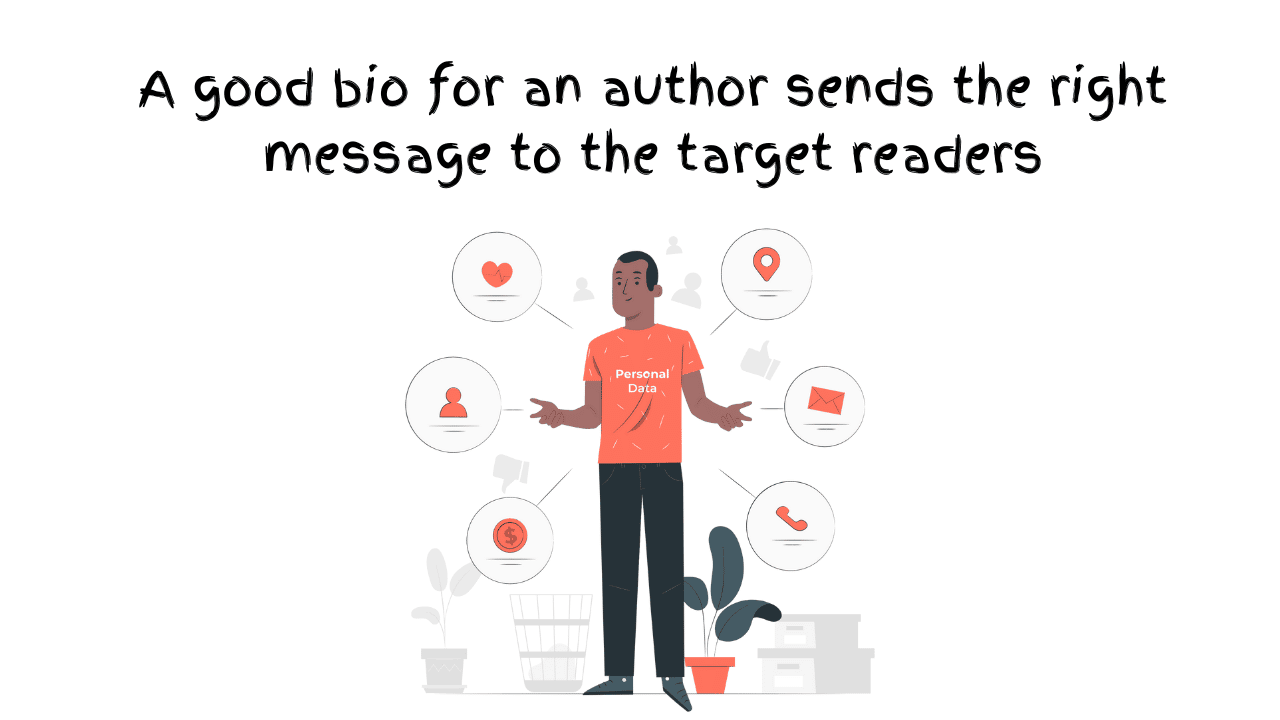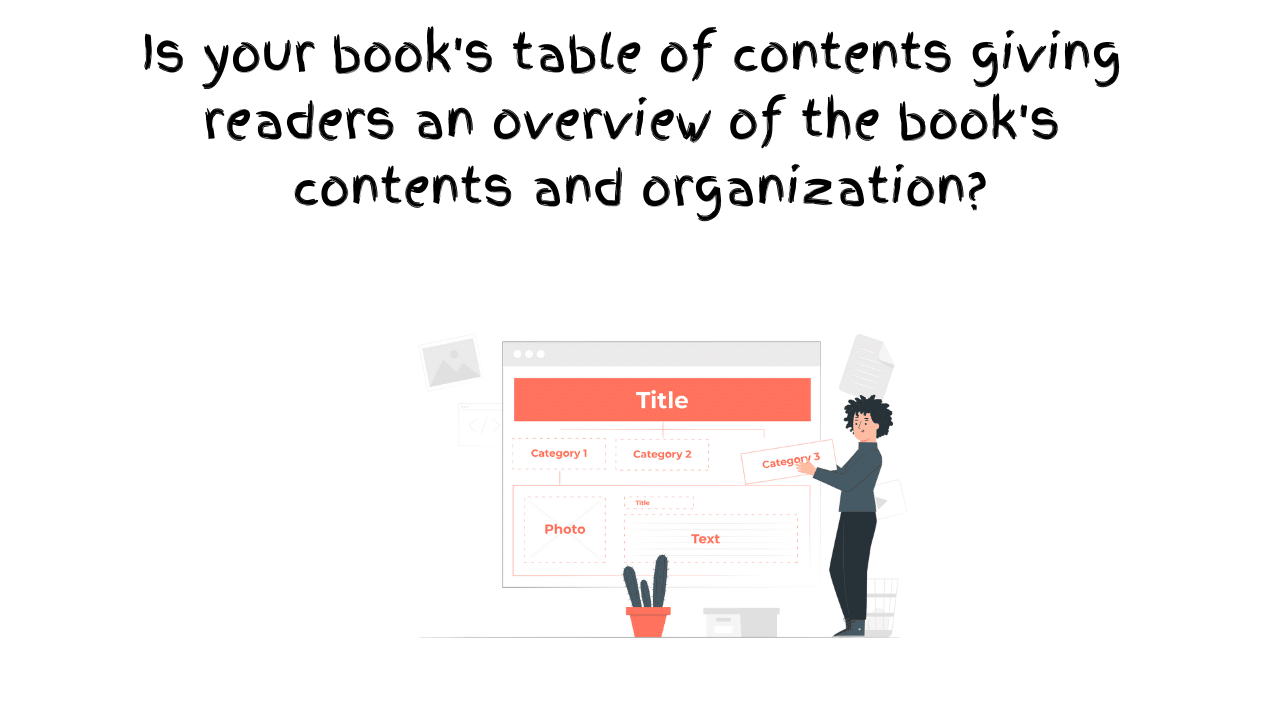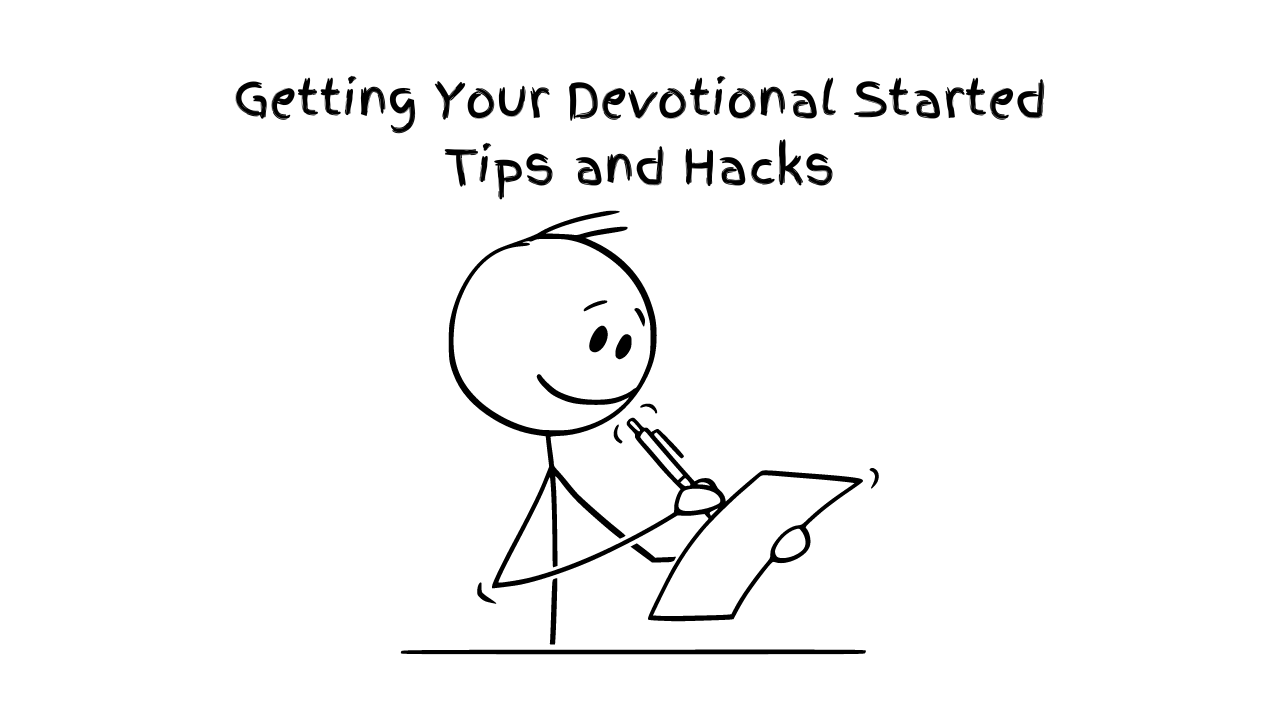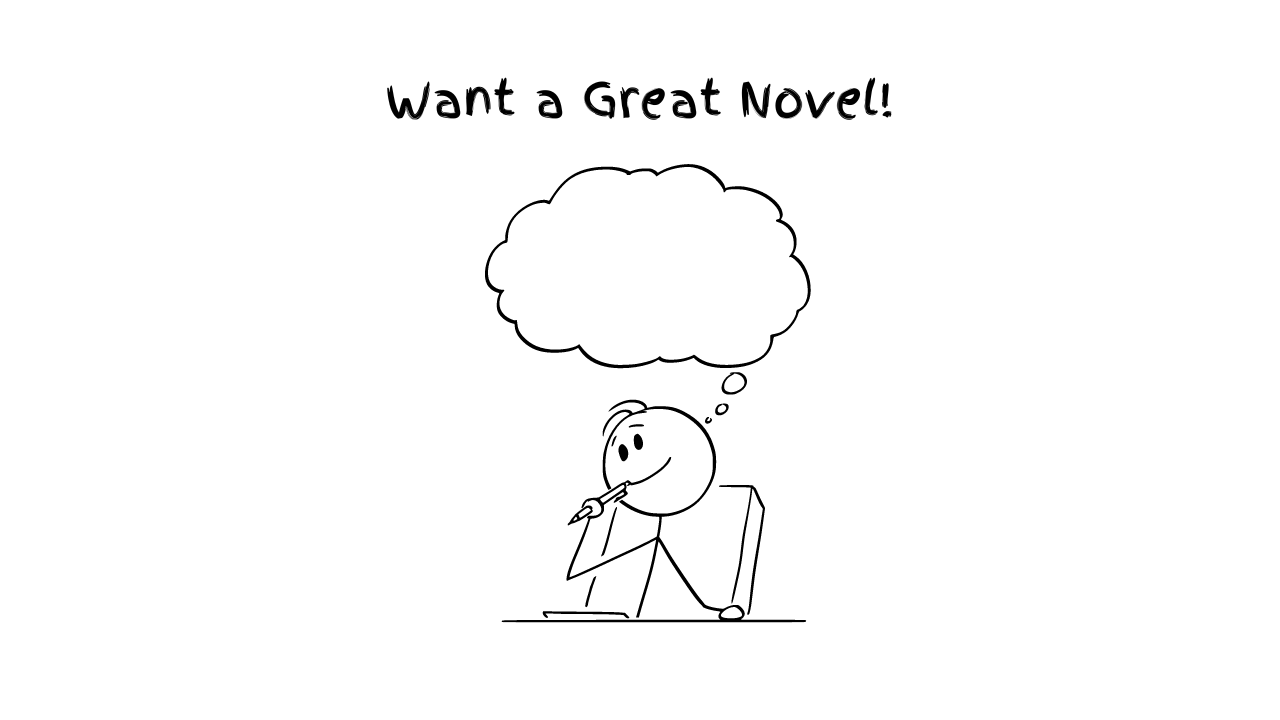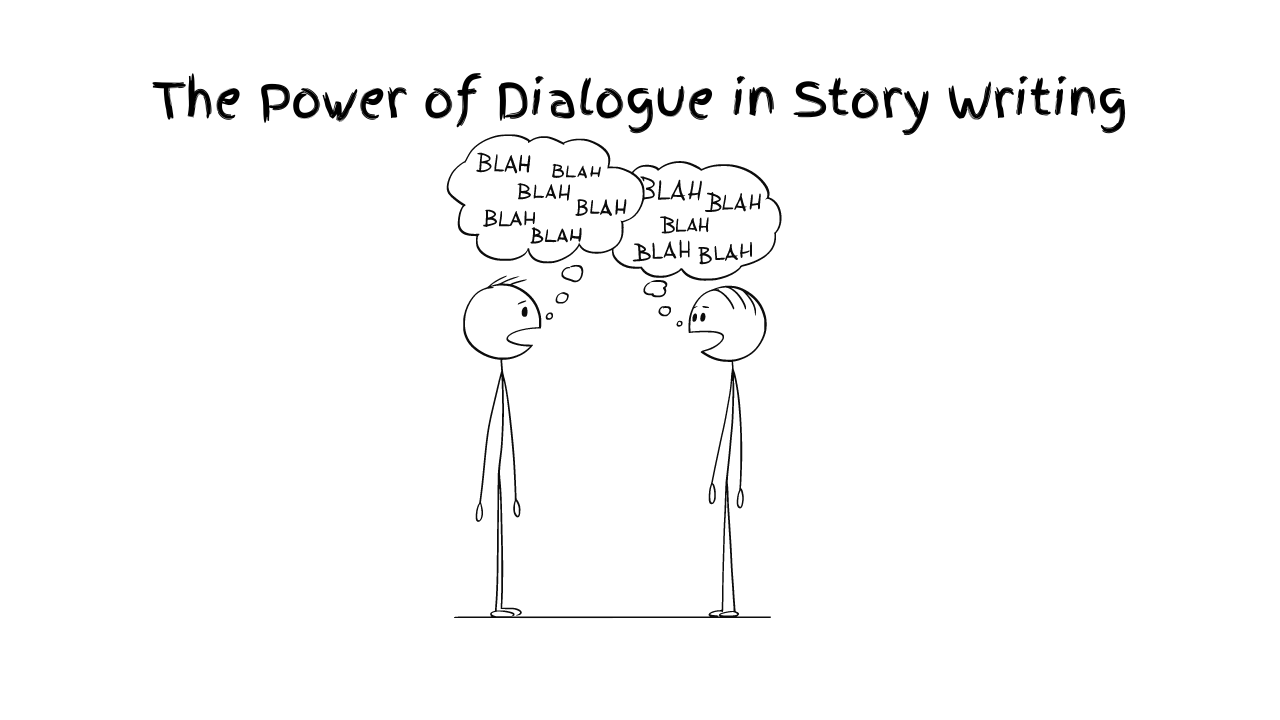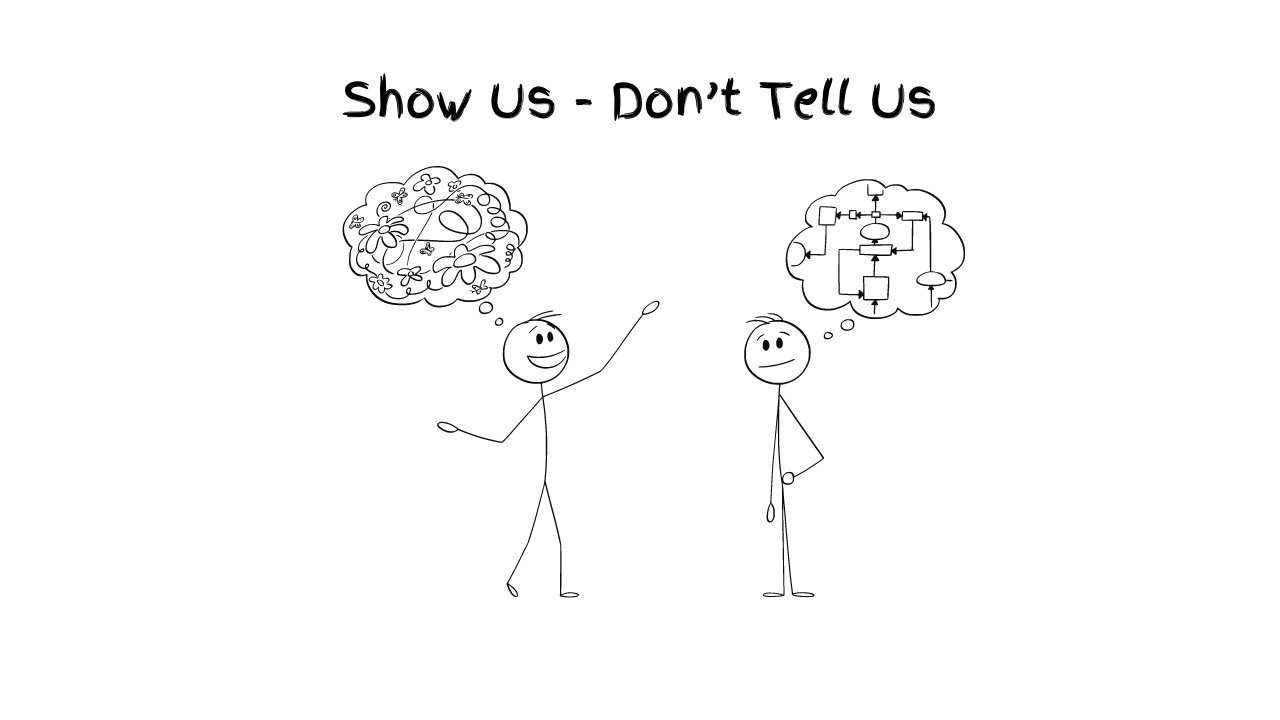A finalized manuscript that advances the centrality of Christ and does not contradict Christian faith.
What does it mean to have a finalized manuscript?
A. A finalized manuscript means that as the writer or author, you have given it your 101% in terms of content. If you are struggling with honouring your finish-deadline, you should consider working with a writing coach or joining a group writing class.
Some of the mistakes to avoid as an author is to submit your manuscript to publisher and then continue to write more, advance it or make adjustments. When you have several working documents you encounter the following challenges:
(i) You waste time and resources – the editors will have one updated version and you will have a differently updated version. Merging these updates can be painfully time consuming and tends to bring confusion and frustration for all parties involved.
(ii) You lose out on improvements that come from synergy of teamwork. Most of the time, everyone is pulling in different directions.
B. A finalized manuscript also means that it is available for others to give input. It’s important to save your most recent work safely. We recommend using a cloud based platform like Google Docs, Reedsy or other writing platforms available online.
It’s possible to have the manuscript completed but get shy or cold feet to have others have a look. If you face this challenge, you should be comforted to know that self doubt is common among authors. You can be very excited to write then doubt if the content is good enough after you are done. It will possibly come up again when you finish publishing and need to launch. If this happens, you should remind yourself why you started writing in the first place. For Christian writers, God has given you an assignment to communicate His truths to others. So understand and accept that it’s not just about you – there is a bigger picture in play here. Trust God to lead and order your steps.
C. For CLC Kenya publishing requirement, a finalized manuscript also means that the content advances the centrality of Christ and does not contradict the Christian faith. We are an interdenominational ministry serving the body of Christ irrespective of the interpretation of Scriptures. However, the core foundation must be observed – centrality of Christ.
Does the manuscript have to quote Scriptures? Not necessarily but it cannot contradict the Christian faith. Our best example is world renown fiction writer, Francine Rivers. She has done an amazing job to weave the foundation of Christ in her stories without quoting Scriptures after every page. So we accept both Scripture-quoting manuscripts and others not quoting Scriptures – but we have to see Jesus in the bigger picture after we are done with the last page of your book.
This means that as a publishing ministry, we do not publish academic books (we recommend Royalite Publishers) and we do not publish non-Christian content (we recommend Writers Guild of Kenya).
Non-Disclosure Agreement
A non-disclosure agreement (NDA) is a legally binding contract that establishes a confidential relationship. The party or parties signing the agreement agree that sensitive information they may obtain will not be made available to any others. An NDA may also be referred to as a confidentiality agreement.
NDAs are generally required when an author and a publisher (or editor etc) enter into discussions about publishing a book together but want to protect their own interests and the details of any potential deal. In this case, the language of the NDA forbids all involved from releasing information regarding any publishing processes or plans of the other party or parties.
Over the past years in publishing, I have encountered several writers who lost their manuscripts to rogue self-proclaimed ‘publishers or editors’. One young lady I met in 2017 had found her book on the streets of Nairobi bearing another author’s name but with her story inside. There was no paper trail that she had submitted the manuscript to the editor so there was no legal case to her advantage. More so because she had also submitted the manuscript in a flash disk. On the minimum, send your work always on email.
Offcourse, the start of publishing journey is finding a publisher you can trust, and even so, it is important to have some form of documentation to show that you are the originator of the content.
Time Commitment to Be Consulted
Your publisher or editor will need your availability to consult on sections of the manuscript that do not make sense, need rewriting or replacement. In your alone time writing, sometimes you can get carried away by a concept and supply additional but irrelevant details. Other times, it’s possible to get overwhelmed remembering an incidence in your life that should go into the book. If it was a painful moment for you, after you finish crying and overcoming the hurt from the memory, you can subconciously ommit to complete the story or the concept.
Earlier we established that you must release your manuscript to the publisher, however, note that you will be called upon to work on highlighted sections.
Financial Investment
If you are taking the self publishing or hybrid publishing routes, you will need capital to get editors, proofreaders, designers and book managers. In CLC Kenya Self Publishing, a book takes up to one year to be completed and we have a flexible payment plan that allows authors to make monthly payments throughout the year to be completed at the time of the launch of the book. The strategy here is to enable as many authors called to write in this era, to finish their assignment from God and impact as many lives for Jesus with well done and well packaged content.
Next we will look at The Steps in Self Publishing – Review.
Training by: Dr. Muthoni Mercy Omukhango
Step1: Prepare Yourself to Get Published…
Are you ready to publish your book? Here is how you need to prepare. Have your manuscript ready and explore the oprions available today. If you are stuck in getting it started or finished, there is several ways to get help. Explore and get published today!
Read MoreStep2: Let’s Talk About Publishing
The self-publishing landscape has changed considerably in the past two decades with new technologies such as the Internet, and the $1 billion markets continuing to change at a rapid pace. Increasingly, there are numerous alternatives to traditional publishing, and self-publishing is becoming the first choice for writers.
Read MoreStep3: Factors to Consider Before Self Publishing
Jesus, while talking to the disciples about following Him, asked them to count the cost. The same Scripture applies to authors today - you have to count the cost from the beginning to ensure you don't stop at some point in your book project's journey.
Read MoreStep4: Requirements for Self Publishing
Are you ready to be published? Use our 4 points check list and tick 'Published Author' box so you can move on to the next God-given assignment...
Read MoreStep5: Publishing Steps – Review
Is your manuscript due for a review towards getting published? The major focus during manuscript review is the general quality of the book. It is important to establish the overall completeness, scope and readership of the manuscript and whether the presentation and accessibility of the book is suitable. #RaisingAfricanVoices
Read MoreStep5a: How to Write a Book Dedication
A book dedication is a way for you, the author to bestow a high honor on a person (or a group of people) you wish to praise or otherwise spotlight. This dedication note is often short and usually focused on one person (or a specific group of people). It’s supposed to be personal, rather than professional. It goes on the dedication page, which is in the very front of the book, after the title page. Here's how to write one. #RaisingAfricanVoices
Read MoreStep5b: How to Write a Book’s Foreword
A well-written foreword can function as the ultimate third-party recommendation or endorsement for your book, generating interest and helping when it’s time to market your book. Here are the benefits of forewords and a guide to writing one. #RaisingAfricanVoices
Read MoreStep5c: How to Write a Book Introduction
Are you stuck on writing your book introduction? Here's how to... Hook the reader right from the beginning with a personal story from your life, a funny story, a joke, or just an interesting fact that causes him/her to want to continue reading. #RaisingAfricanVoices
Read MoreStep5d: How to Write a Book’s Conclusion
If your readers are in the conclusion chapter, it also means they read the whole book, they liked it, and now they want you to wrap it up. So don’t rash it. Give them what they want. Here's how to write a good conclusion for your book. #RaisingAfricanVoices
Read MoreStep5e: How to Write an Author’s Bio
People are looking for reasons why they should spend their time reading what you have written. You need to instill confidence in your readers that you are knowledgeable on the subject matter by writing an appropriate bio. Here's how to write one. #RaisingAfricanVoices
Read MoreStep5f: How to Write a Book’s Blurb
A blurb is a short yet descriptive account of the book that goes on the back cover or within the book sleeve of a hardcover book. It includes any information that represents the book best and intrigues the readers and shoppers to pick the book off the shelves. Here's how to write one... #RaisingAfricanVoices
Read MoreStep5g: What to Include in the Copyright Page and Complete the Copyrighting Process
Copyright law gives creators of original material the exclusive right to further use and duplicate that material for a given amount of time, at which point the copyrighted item becomes public domain. Here's what you need to know. #RaisingAfricanVoices
Read MoreStep5h: How to Write an Acknowledgment
An acknowledgment section in a book provides the space to go into lenghty details in thanking the people who were sources of inspiration and support for your book and life. Here'show to write one. #RaisingAfricanVoices
Read MoreStep5i: How to Write a Table of Contents
A table of content shows the things that are held or included in something. In the book industry, it is a list of the chapters or sections given at the front of a book or periodical. Here's how to write one... #RaisingAfricanVoices
Read MoreStep6a: How to Write a Devotional
A devotional book is a literary work designed to provide spiritual inspiration, guidance, and reflection for readers seeking to deepen their faith and relationship with God.
Read MoreStep6b: How to Write a Captivating Novel
A great novel is a complex interplay of various elements, but some key components often contribute to its greatness.
Read MoreStep6c: How to Use Dialogue in Story Writing
Effective dialogue is characterized by authenticity, clarity, and relevance to the story. It should sound natural and believable, reflecting the unique voices and perspectives of the characters. Dialogue tags, such as "said," "asked," and "replied," help identify speakers and maintain clarity in conversations.
Read MoreStep6d: How to Use ‘Show Don’t Tell’ in Story Writing
"Show don't tell" is a fundamental principle in storytelling that encourages writers to use descriptive language, actions, dialogue and scenes to reveal information to the reader, rather than simply telling them outright.
Read MoreStep6e: How to Elevate a Flat Non-fiction Christian Book to Make it Personal and Engaging
"Show don't tell" is a fundamental principle in storytelling that encourages writers to use descriptive language, actions, dialogue and scenes to reveal information to the reader, rather than simply telling them outright.
Read MoreStep6f: Ethical ways to use other people’s public stories in a non-fiction Christian book
"Show don't tell" is a fundamental principle in storytelling that encourages writers to use descriptive language, actions, dialogue and scenes to reveal information to the reader, rather than simply telling them outright.
Read MoreStep6g: How to overcome the challenge of mixed languages in writing a manuscript
"Show don't tell" is a fundamental principle in storytelling that encourages writers to use descriptive language, actions, dialogue and scenes to reveal information to the reader, rather than simply telling them outright.
Read More